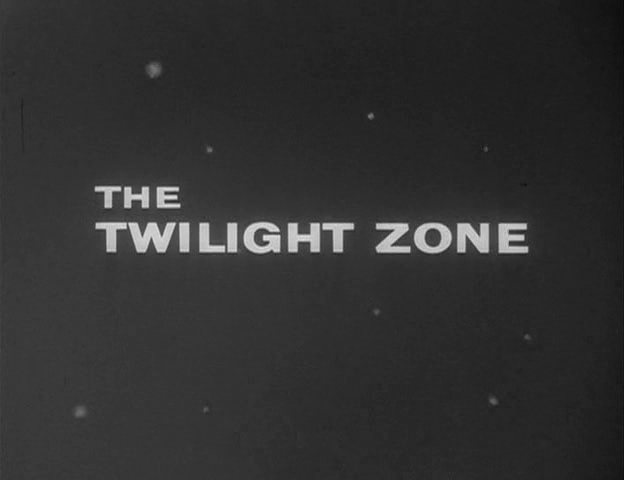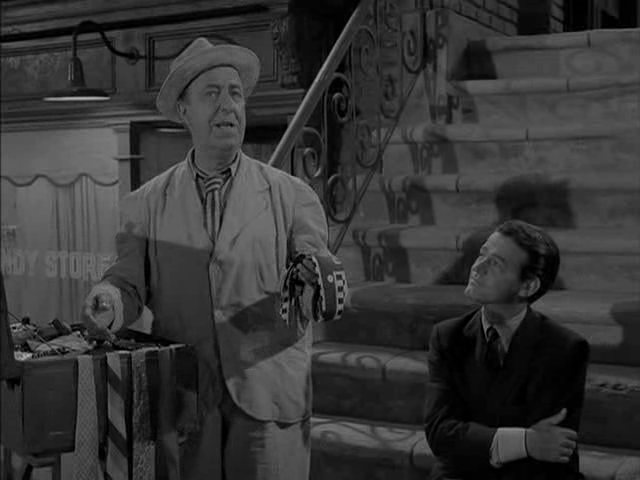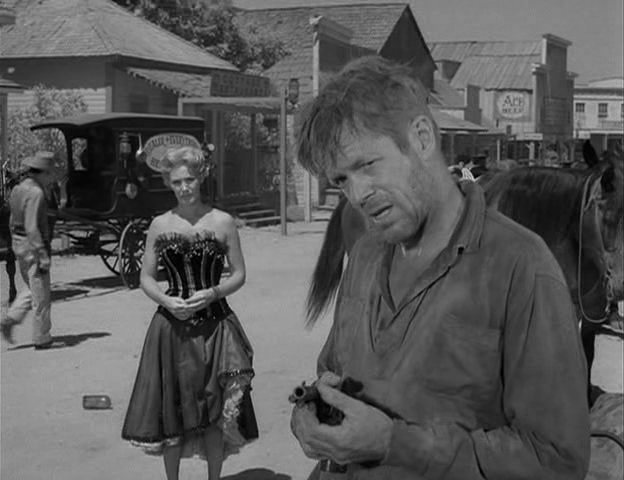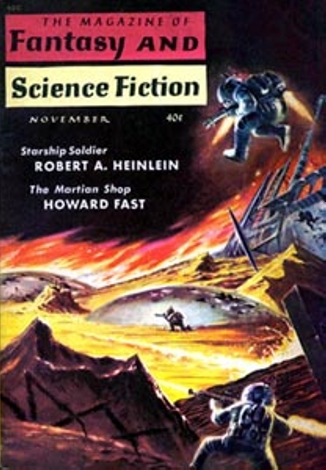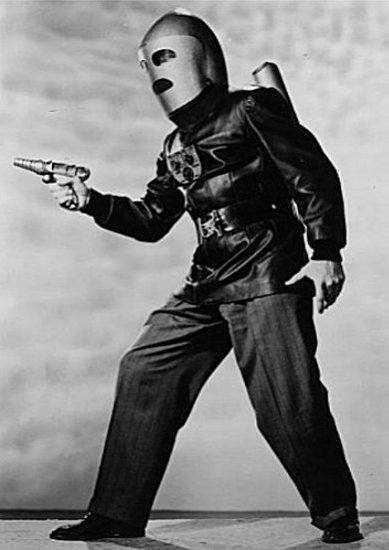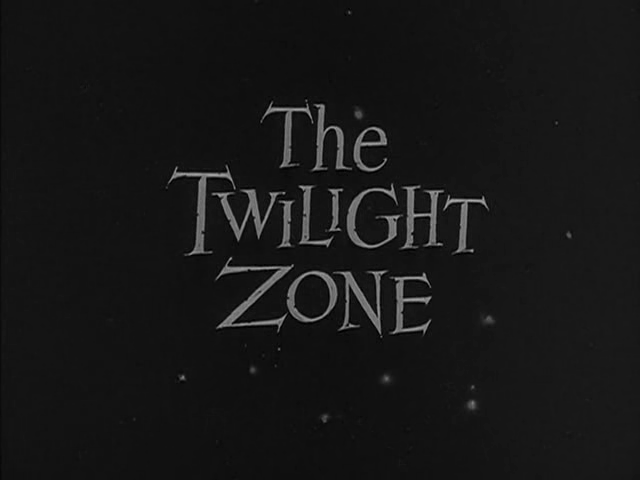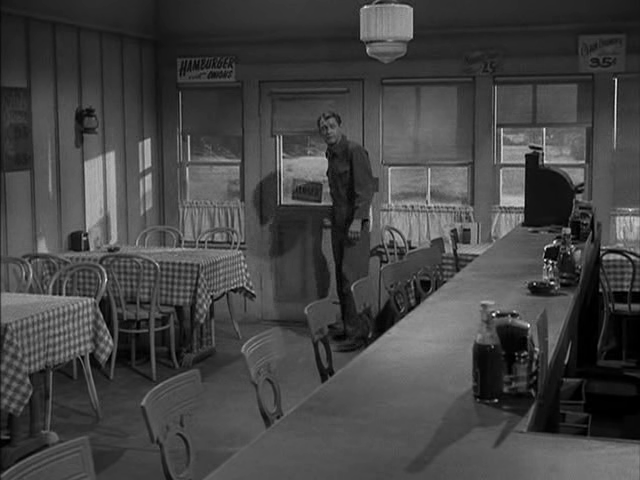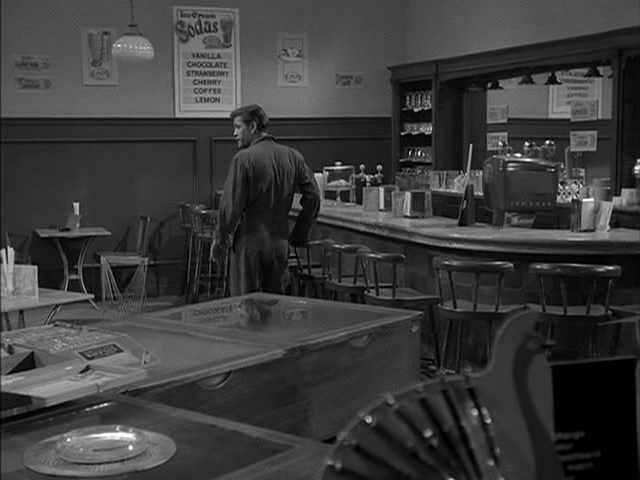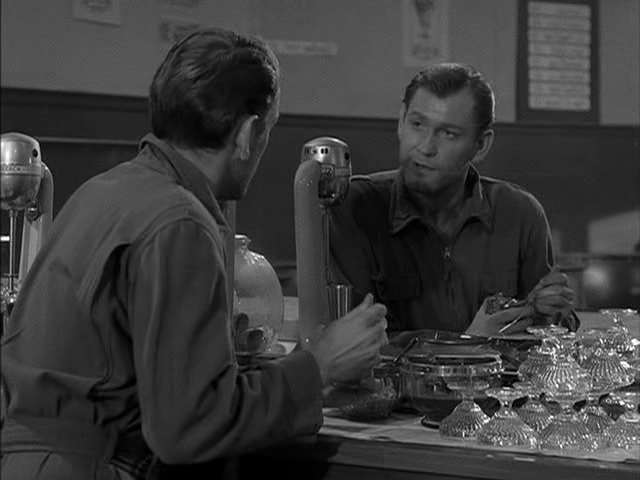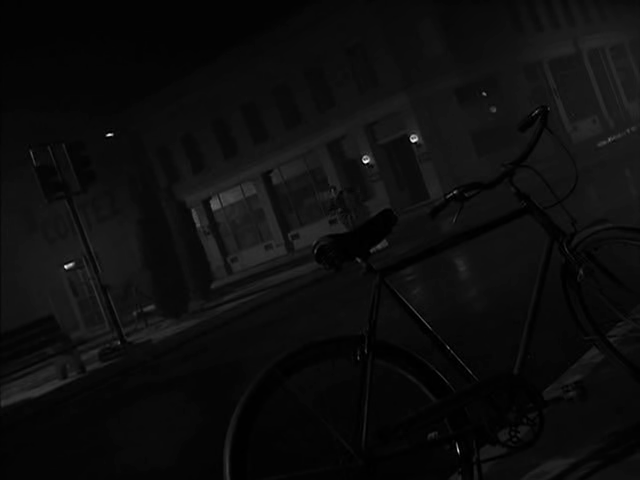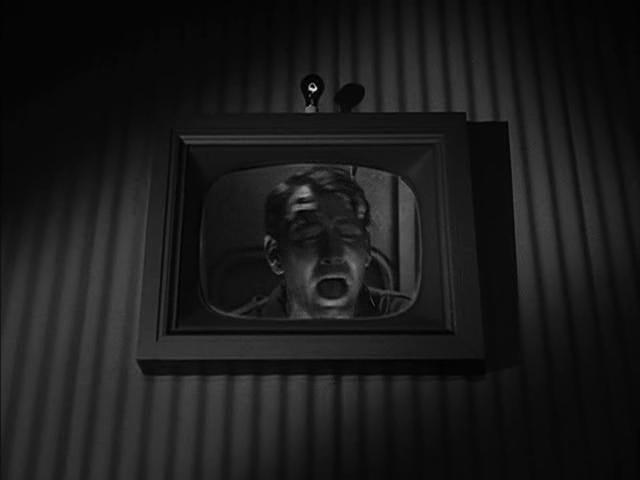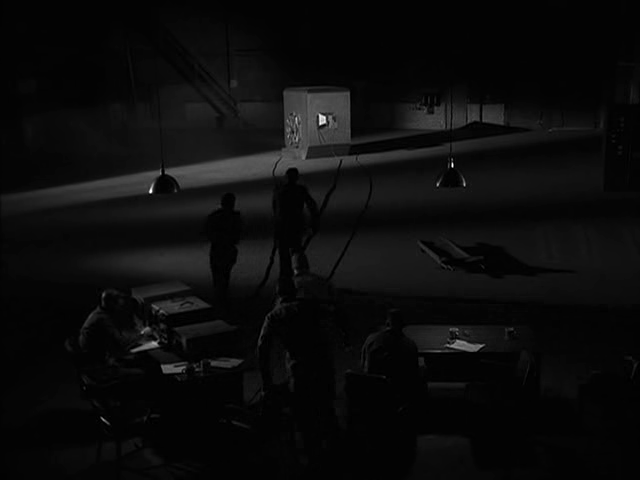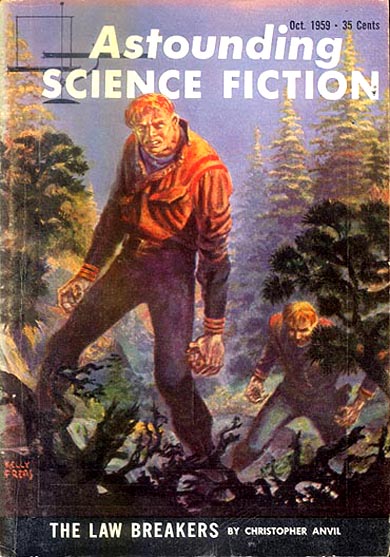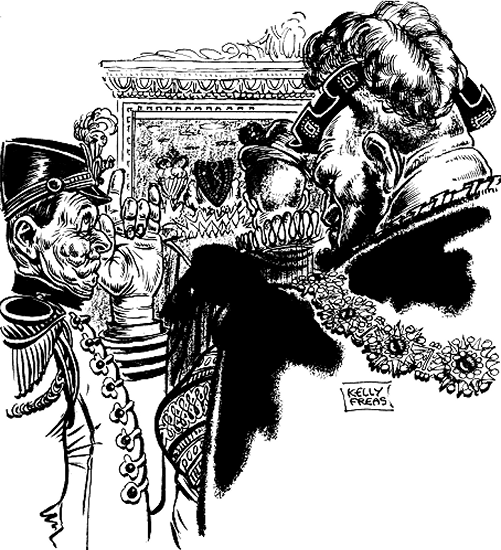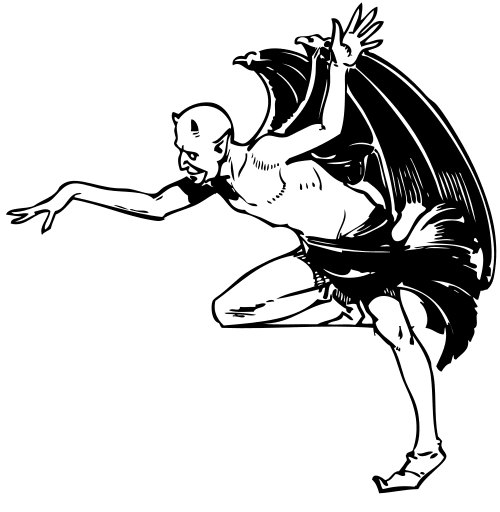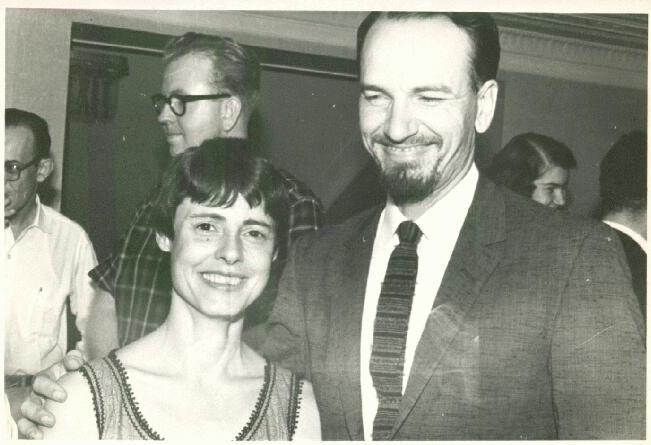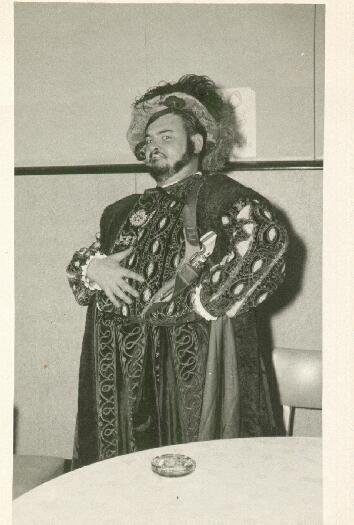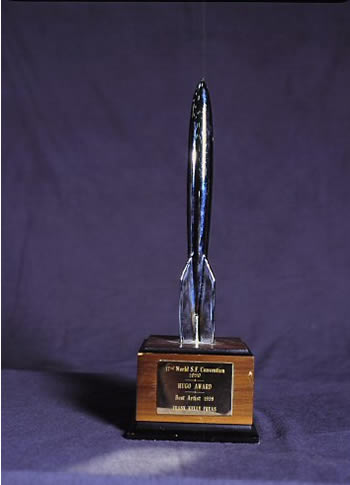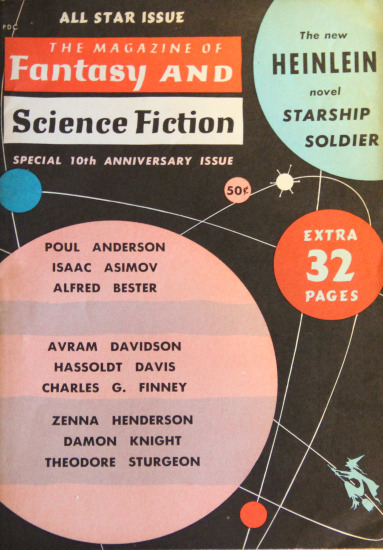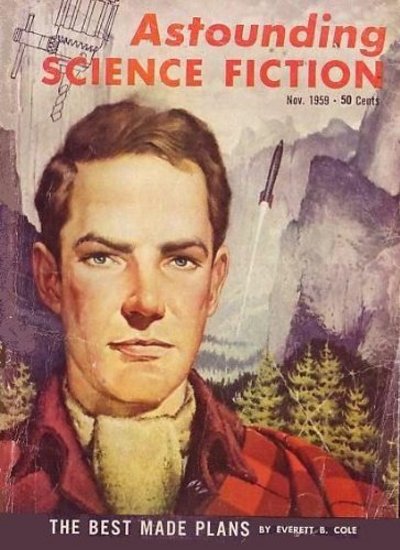
I've found the bottom, and it isn't the Mariana Trench.
They say fifty cents won't buy you what it used to, and that's certainly true of Astounding, a science fiction digest. The November issue, which has a hastily pasted price of four bits on its cover (replacing the original 35 cents) is, without a doubt, the worst pile of garbage I've read in a very long time.
I'll spare you the gory details and give you a quick thumbnail sketch of its contents. Opening the ish is the first part of a two-part story, The Best Made Plans. I didn't even make it through the first half of this first part. So dull was the tale, so linearly and prosaicly was it told, that I can't even remember what it's about. I'll read the summary next month and, perhaps, try again.
Eric Frank Russell's Panic Button features two exploring aliens who happen across a lone Terran on an otherwise uninhabited planet. Upon finding him, the human pushes a blue button, which frightens off the aliens. This is all part of a brilliant human scheme to seed the planets of the universe with convicts equipped with panic buttons. The assumption (proven correct, of course; aliens are so dumb, says editor Campbell) is that the button must do something and the lone humans must be there for a reason, and the overactive imaginations of the would-be conquering aliens do the rest.
And this is one of the book's better stories!
Then you've got A Filbert is a Nut, by newcomer Rick Raphael. In this one, a crazy person makes atom bombs out of clay that work. Or does he? Passable–for 1953 Imagination, perhaps.
Randall Garrett's The Unnecessary Man should have been titled "The Unnecessary Story." Young man learns that democracy is a sham and the galaxy is run by a dictatorship. But it's a benevolent one, so that's okay. Bleah.
I've never heard of Richard Sabia before, and if his I was a Teen-age Secret Weapon is any indication, I hope I don't see him again. Yokel causes harm to anyone around him. He is eventually inducted into the army, dropped off to be captured by the enemy, and Communism's collapse ensues. Lousy.
Finally, we have Robert Silverberg's Certainty, which is almost decent. Alien ship lands on a human outpost planet, and the crew of the garrison ship is helpless against the intruders' mind-control powers. Again, it's the sort of thing I'd expect from a decade-old lesser mag.
As for the Analytical Laboratory for the far-superior August issue, the readers' results are well in line with mine, with Leinster's The Alien's a clear winner.
I'm sorry I don't have anything cheery to report. It took me most of the month to get through this awful, 1.5 star book. I'm about ready to cancel my subscription…
—
Note: I love comments (you can do so anonymously), and I always try to reply.
P.S. Galactic Journey is now a proud member of a constellation of interesting columns. While you're waiting for me to publish my next article, why not give one of them a read!
(Confused? Click here for an explanation as to what's really going on)
This entry was originally posted at Dreamwidth, where it has comments. Please comment here or there.


